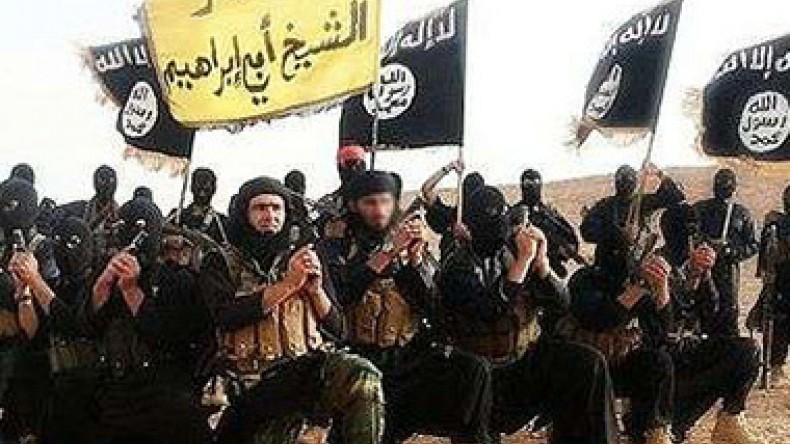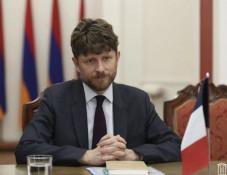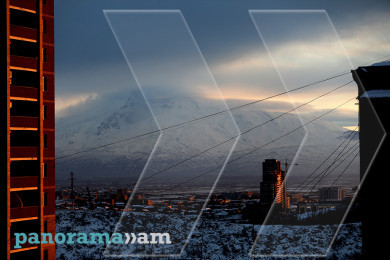
IS uses new Russian-language media wing to recruit militants from Azerbaijan
Though Russian-speaking IS (‘Islamic State’) militants have put out their own propaganda for some time, in the recent past a new Russian-language IS media wing, namely, ‘Furat Media’ has emerged taking on official, or at least semiofficial, status within the IS’ overall media operations. It is dedicated to recruiting new Russian-speaking militants from the Russian Federation, the Caucasus region including Azerbaijan and from Central Asia, Professor and former Director of the Centre for Central Eurasian Studies, University of Mumbai, Raghavenbrarao G. Gidadhubli writes for Mainstream Weekly magazine.
Citing some analysts, Gidadhubli points that Furat is also engaged in spreading the IS’ messages to Russian-speaking militants who are already fighting alongside the group, both via social media and by creating and sending CDs containing Russian-subtitled IS propaganda videos to various Russian-speaking militant groups in IS-controlled territory.
“The political leaders as also the government machinery of the CAS and Azerbaijan have reasons to be concerned about the growing influence of the IS in their countries. In fact they have already adopted stringent policies against those joining the IS. For instance, on July 1, 2015, a court in Azerbaijan has sentenced 10 people to jail terms of four to fifteen years for joining the Islamic State extremist group. Prior to that in 2014, as per reports, 26 people were arrested for their activities connected to the IS,” the professor writes. Central Asia, Russia and Azerbaijan are not being spared from the growing influence of the IS, he stresses.
The Azerbaijani terrorists have long been fighting in the ranks of various terrorist groupings in Syria, Afghanistan and Pakistan. The Azerbaijani media reported about the death of about 200 Azerbaijani terrorists only in Syria over the past three years. There have also been frequent media reports about Azerbaijani terrorist commanders’ liquidation.
Azerbaijan has recently increased pressure on the religious activists and communities that are suspected of ties with Wahhabis. According to some opinions, the Salafists who joined the Islamist groups in Syria and returned to Azerbaijan with fighting experience can target Ilham Aliyev’s government.
The relationship between international terrorist groups and Azerbaijan originated in the early 1990s. That time, the Azerbaijani army, having failed in the aggression against Nagorno-Karabakh Republic (NKR), retreated with losses. Trying to save the situation, the Azerbaijani leadership, headed by Heydar Aliyev attracted to the war against the Armenians of Nagorno-Karabakh international terrorists and members of radical groups from Afghanistan (groupings of Gulbuddin Hekmatyar), Turkey ("Grey Wolves", etc.), Chechnya (groupings Basayev and Raduyev etc.) and some other regions.
Despite the involvement of thousands of foreign mercenaries and terrorists in the Azerbaijani army during the war, the Azerbaijani aggression against Nagorno-Karabakh Republic failed, and the Baku authorities were forced to sign an armistice with the NKR and Armenia. However, international terrorists established ties in Azerbaijan, and used them in the future. The Azerbaijanis were recruited and sent to Afghanistan and the North Caucasus, where they participated in the battles against the forces of the international coalition and Russian organizations.
Related:
Azerbaijani creates entrepot for ‘Islamic State’ militants in Turkey
Tevan Poghosyan: Azerbaijan is providing fighters for ISIS
Newsfeed
Videos






























